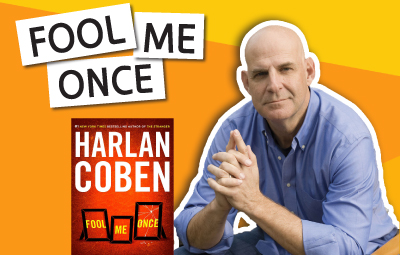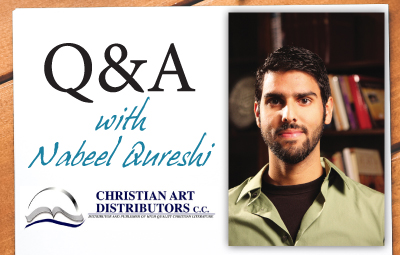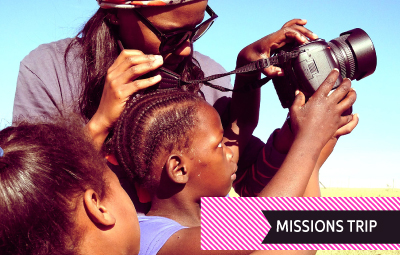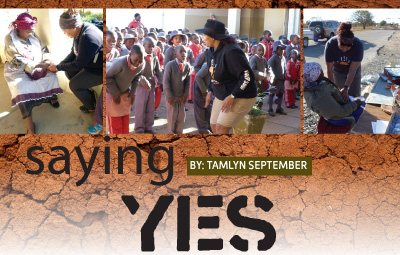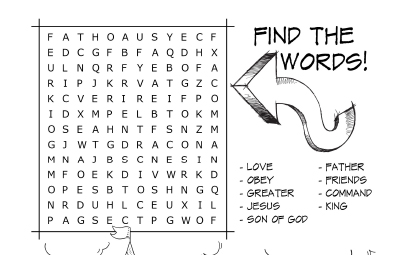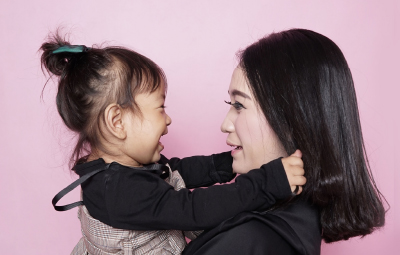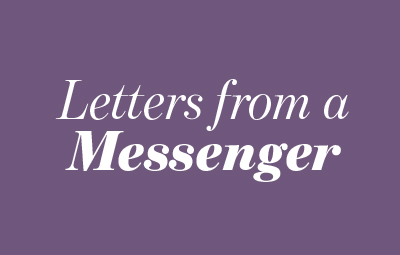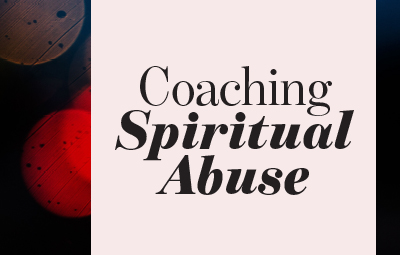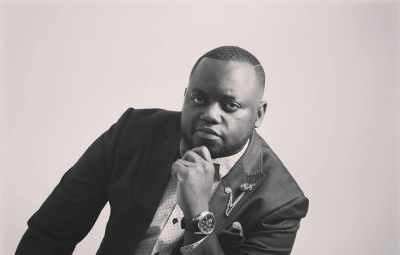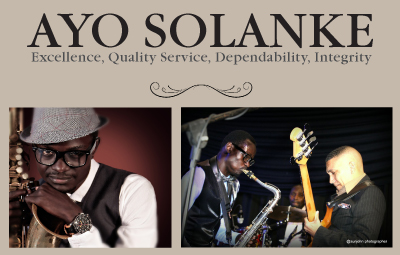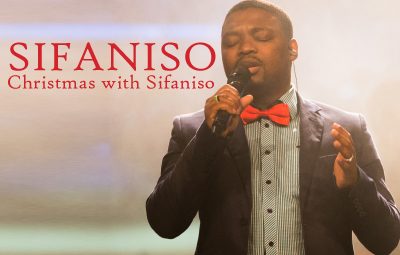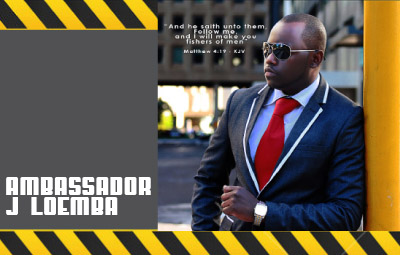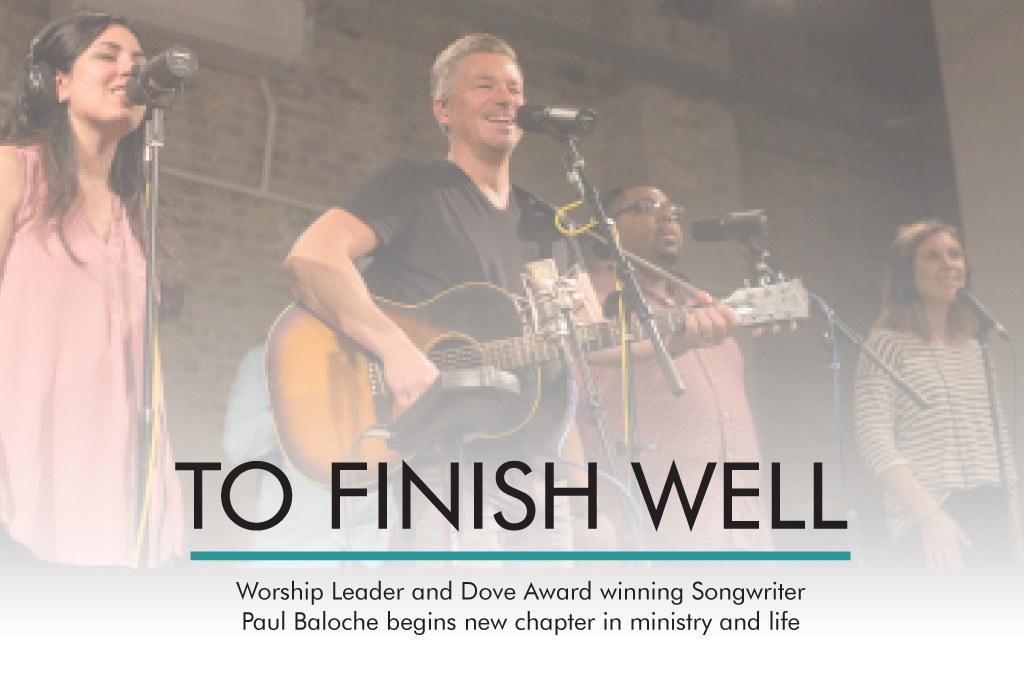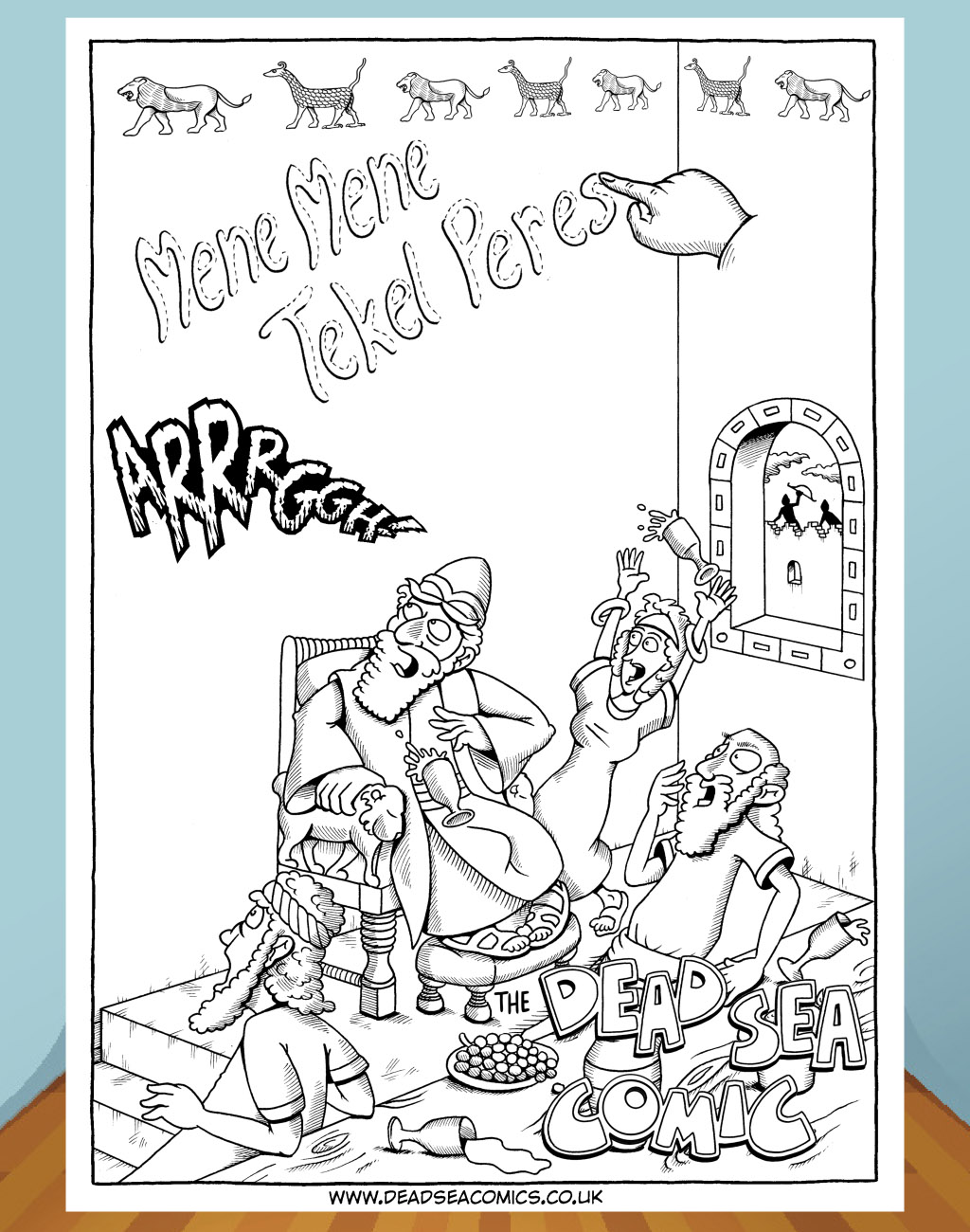
"The right to education is the right to develop all aspects of the human personality to its fullest extent."
Most systems in our country have failed us. Think of Eskom, corruption in municipalities, tax evasion, the unethical behaviour of various political leaders and the great lack of a supportive medical system. The low results in 2014 in the standardised ANA Tests (10,8% for Grade 9 math literacy) and great percentages of children suffering with learning disabilities, has also resulted in parents not trusting the educational system. Good teachers become totally despondent with results such as these since they have a passion to teach and a hope to see positive results.
Though parents might feel inadequate to change large infrastructures, it is possible by having the relevant knowledge, pressure can be put on those who are involved in their children's education. Many principles have seen the "light" as I share with them how children can learn more effectively. Often, as a result of this knowledge they change their methods and revisit their vision to come in line with their original call from God to be involved in effective education. Across the country people with a passion for education start transformational centres and small school learning centres in the interest of their communities by making themselves available to a different way of learning - not as slaves of a failed system but rather as leaders who want to be vessels of God in bringing hope.
It is clear that the current philosophy of education in South Africa will not bring the change parents are hoping for. What is even more concerning is that private schools, and specifically Christian schools, are guilty of sending learners away because they cannot offer a learning climate to produce the desired outcome. Children that do not fit the mould move from school to school, and province to province, in the hope to get help. Often parents are exhausted by this search.
I want to give a few pointers to inform parents, schools and churches to act in the interest of their children. It is of no use to change a wrong system with yet another burdensome system, and of utmost importance that people responsible for education seek God to bring boldness in a process of change for this country. It will start with the selective few who grasp this and embrace a radical different approach.
"The right to education is the right to develop all aspects of the human personality to its fullest extent" (United Nations Convention on the Rights of the Child). The parents choose to embrace this development mainly at home or can have a tutor coming to their home. It is also an option to establish learning centres or even small schools. Community leaders get legal help from sites such as www.pestalozzi.org and www.sahomeschoolers.org. Both the small schools and learning centres should be no more than twelve children so that individual attentions can be assured. Research shows that "first year university students have a Gr 5 level Literacy level and a Gr 7 level Reading Comprehension. No wonder that "20 % of high school graduates qualify for university entry, about 50% of first-year universitystudents drop out, in part because of poor school preparation for university disciplines" (Jonathan Jansen, Molly Blank).
There is absolutely no value in these learning centres following the same structure as a traditional school. Instead of it being graded, itsfocus should be on the level of the child's competency, since all children have different gifting in various areas such as mathematical, artistic, and technical or language ability.
The facilitator/s in these centres do not necessarily have to be qualified teachers, but rathera person parents can trust, with a gift of teaching willing to embrace change and has a heart for education. Since parentsare the main educators, with the school as an extension of them, parents will pay more for such services purely because they will have peace of mind. This peace comes from understanding the curriculum used is not the same as used in public schools education since children learn differently in smaller centres. Even the world's leading educational systems (Finland) with the best outcomes, havedecided in March 2015 to change their strategy for even better results. Finland is scrapping traditional "teaching by subject" in favour of "teaching by topic." PasiSilander, Helsinki's development manager, explained: "What we need now is a different kind of education to prepare people for working life."
See what a teacher on Facebook answers about this change in approach: "At the school that I am leading we have been doing this (new approach) for 40 years with great success. Our secondary-students experience a teaching that has relevance to their life and their parents see that what they learn and develop at school is relevant to their future. And the students are performing on the top-level of Norway. Finland is really approaching an education for the 21st century." It is therefore advisable that interested parties do a study of the different and amazing approaches to education and its effects in the learning environment.
The aim of this new way of learning is that children actually learn. Most parents complain about the fact that their children are not learning. Effective learning should have the desired effect/outcome on the life of a person; in the Information Economy all children can learn, even the illiterate, with a high emphasis on creativity rather than rote learning.
If there is no trust in the learning climate, one in which children can make mistakes, this kind of learning cannot take place. It is advisable in the structuring of these smaller schools that the facilitators form a strong bond with the learners to ensure a level of trust and that children stay with one teacher for many years.
All children do not learn in the same way, hence it is logical that the futurists of such centres focus on the different learning styles of children and how to differently and creatively motivate children and allow learning to take place in the most suitable manner. Young children up to six should sing, play, work (chores) and listen to stories and not be bound by formal classrooms.
During assessmentor testing of children it cannot be required that all do a specific learning in exactly the same way. There should be studios in these centres where children are able to give feedback on what they have learnt in various ways. In a digital era, it is important that children use digital tools as an aid to prove what they have learned. The slow writer will not be discriminated against as he can type much faster. Various matriculation options are available if needed, but generally a wider education is needed.
In a digital era, where there is too much information to remember, it is important that children get knowledge, have comprehension (explain an idea), apply this idea (use it in their own way), and understand it in a wider context. Digital tools can be wisely used in this process.
During the ages of 4 to 16, children should work on discovering their passion and keep themselves busy with that, so that they know what subjects or interest choices they can make for specialised training in the future. In a traditional school system this I precisely the time learners are kept busy with schoolwork and homework. No wonder then that school-leavers often do not have an idea what direction to take with regards to careers. Where children have focussed on their passions and gifts, the period from 14 to 18 can be used to mentor young people into specific skills or career paths.
It is of no value to be involved in the education of children without educating the heart and the willingness first to be changed as educators. It asks for a constant evaluating of goals with regards to character training in both the child and educator. Christian educators are at times the only Light source.
This is the time like never before for parents to rise up and be envisioned. It is the time to decline any participation in an educational system where the child does not learn, not be equipped for life or have a transformed heart. Parents need to know there is an answer. Home school, micro school, learning centre, unregistered private school, low fee school and cottage school are all different terms that are used to refer to a new and fast growing phenomenon in the South African educational environment. These are (mostly) small independent or private schools that are operated by a small group of entrepreneurs, parents, ex-teachers or volunteers.
Dynamis helps families to choose curriculum that is in the interest of the child. It is a service that brings new direction and vision where leaders have been exhausted with the problematic realities of a system that does not produce the desired results. It normally asks for a new vision with the main emphasis - the heart of the child.


